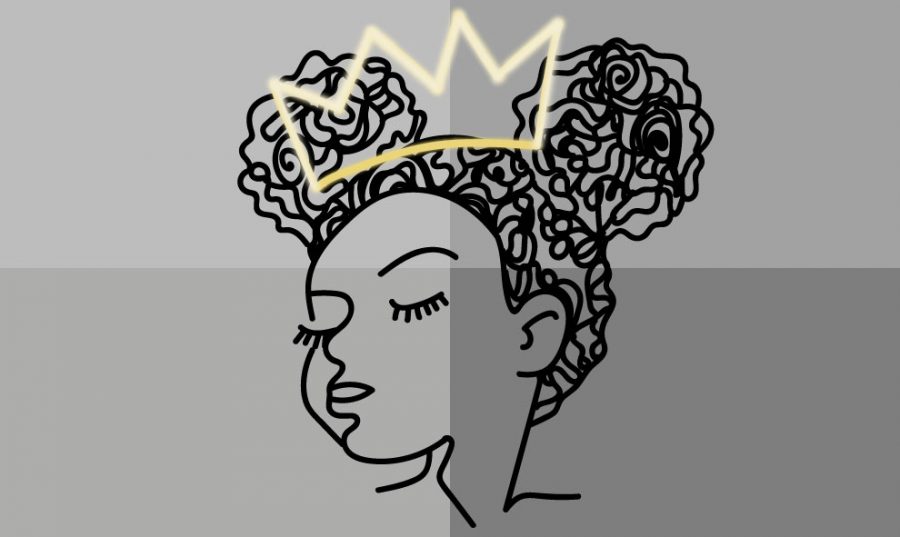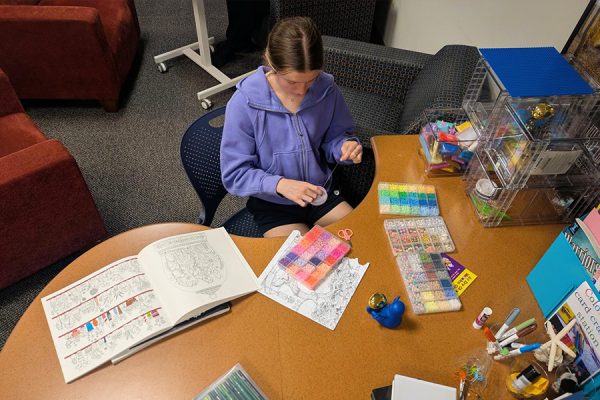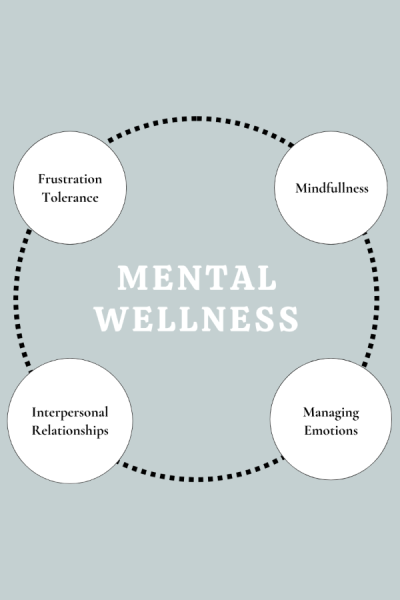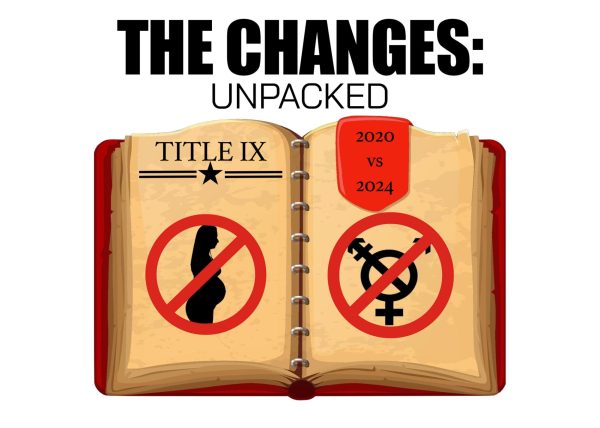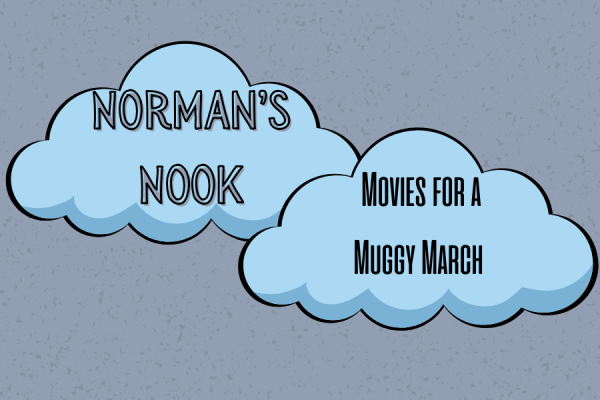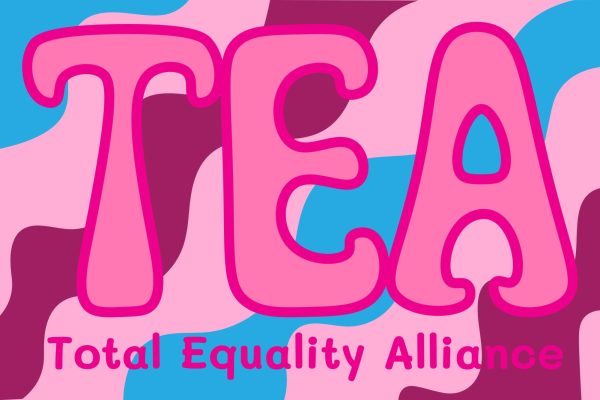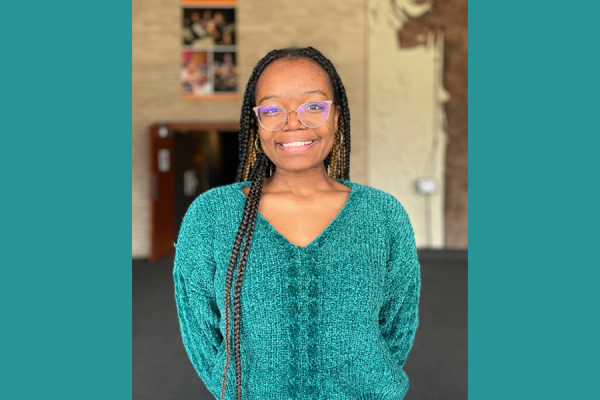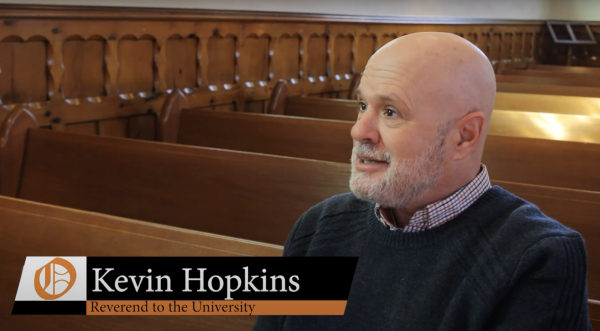What it’s like being a black student at a PWI
Never in my entire life had I been in the presence of so many black people at once until I had the privilege of attending the 43rd annual Big XII Conference on Black Student Government in Norman, Oklahoma. I did not know how much I needed that experience until I arrived and looked around.
From Feb. 20-22, students from multiple universities around the country gathered to celebrate being black. Through workshops, keynote speakers and social time, the conference aimed to teach black students how to be leaders on their campuses and how to hold their universities accountable for inequities.
One of my personal heroes, Ms. Angela Davis, who was a key member of the Black Panther Party of the Civil Rights Movement, was present. As a keynote speaker, Davis shared her experiences being targeted by the government during the movement because of her efforts to empower black people and enact change. She taught us that we are visionaries and creators and that our culture is beautiful.
After such a rejuvenating weekend, we left feeling like we could conquer all disparities and be a light on Baker’s campus. On the way back home, our advisor suggested we have lunch. When we were about half way back to Baldwin City, we stopped at a Mexican restaurant in a small town. As we followed the host to an empty booth, us five Baker students were met with something all too familiar.
Looking throughout the restaurant, all we saw were white people. The only people of color other than us in that building were employees. This alone would not necessarily be an issue, but the stares we received were piercing. One woman across the room from me continuously looked at us with a confused, disgusted expression. I even saw her point and then whisper with the people at her table.
The five of us immediately knew what was going on. We all had experienced it many times before. Feeling like the “others” were normal for all of us, but it did not hurt any less that day. For the duration of our lunch, we were made to feel so uncomfortable.
I remember saying, “isn’t it crazy that we just left the conference and we are already back to reality.” It really did feel like we being slapped back to reality. Though it was a harsh realization, we did not let it ruin our weekend. We had to take control of the situation. And thus, the black experience.
The University of Oklahoma (OU) hosted the Big XII Conference. The university has been experiencing repeated racially charged incidents on its campus for a while. Within the last few weeks, students have witnessed two separate incidents in which two professors used racial slurs in their classrooms.
The Black Emergency Response Team (BERT) at OU has urged the administration to act, but they have only been met with pointless meetings. “The time for fundamental steps is now… no more meetings. No more marches. No more silence,” a letter from BERT to the OU community on Feb. 26 stated.
BERT staged a sit-in, beginning on Feb. 26 at 8 a.m., in the building where the university’s provost, Kyle Harper has an office. Students said they would sit there, and some students went on a hunger strike, until their written-out list of needs were met and Harper stepped down from his position.
A similar situation went down at the University of Missouri in 2015. Students were able to protest and get the university president to resign after he failed to handle racial issues at the school. The courage and resilience of students reminds me how strong young people are. But we should not have to protest to get administrators to hear our voices.
Being a black student at a predominantly white institution (PWI) is a struggle. I grew up in a dominantly white community, going to schools in which I was very much a minority. I was never taught my true history in school. Black culture and history were simply not a part of curriculum or classroom conversations. And when it was, it was very surface level and only covered: slavery and Martin Luther King Jr.
I remember having “Culture Day” or “Family Tree Day” in elementary school and middle school. Students were told to bring items, foods, etc. that represented their family’s history and culture to explain to the class. I never really had anything to bring or talk about because I could not connect with my African roots. That part of my ancestry was stripped away.
Though I had friends I would hang out with, I would often subtly feel different from them. I began to doubt my worth at a young age. It was not until my junior year of high school that I embraced who I was. I truly understood the systemic racism in the United States. Now, in my sophomore year of college, I can clearly see it working to divide.
To this day, I have never had a black teacher or professor. In many of my classes on campus I am one of the few, if not the only, black person in the classroom. When I am the only one, it becomes very obvious to me and reminds me that I am the “other.”
Because racism is so deeply rooted in American culture, change is tough. This does not mean we should be complacent. Change starts small and eventually grows. There are changes that can be made right here on Baker’s campus to make our community more inclusive.
An important question I have heard from my white friends, classmates and teachers is “what do you expect us to do about it?” It would be unrealistic and unfair for me to put the responsibility to fix racism on them, because racism is systemic.
I suggest everyone evaluate their perceptions of people. Stereotypes and judgments cause biases that create hostility and inequality. It does not have to be this way. All students can exist on campus and be respected as future contributors to each respective field.
As for the black community, we must be more united. We have to empower, uplift and support each other. Instead of trying to decipher who is and who is not “black enough,” we should celebrate our differences in unity. We must exercise our right to vote because those before us fought, lived and died for black people today to have a voice in our country’s system.
Intersectionality is key. If we claim to support black lives and rights, we must also support equal treatment of all other marginalized groups. That includes the LGBTQ+ community, all racial minorities, women, indigenous and native peoples, immigrants seeking better lives, those with mental health issues and disabilities and more.
My experience as a black student at PWIs has been a struggle, but ultimately I have learned to be comfortable in my own skin regardless of my surroundings. Yes, race can seem like a sensitive topic and make us uncomfortable, but we must be willing to get uncomfortable in order to enact change and form a common understanding.
In honor of Black History Month 2020:
Highlighting Black Excellence at Baker
All-American
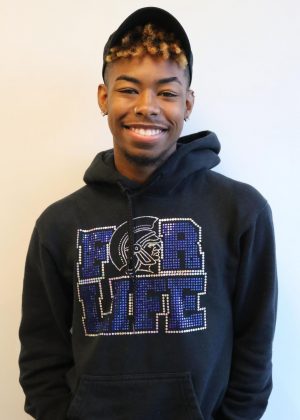
Making school history and being a light on campus has made sophomore Stephen Long nothing short of infamous. Long became the only male dance team member at Baker when he began his collegiate dance career in 2018.
He is currently a 2X NAIA All-American athlete, receiving recognition both his freshman year and sophomore year. Long never imagined he would be dancing in college after getting a late start to the sport. Now he has plans to continue dancing in the future. He attributes his successes to his hard work and positive attitude.
“I have come so far with dance and as a person. I know that I have the ability to bring energy and happiness to others, so I am just myself,” Long said.
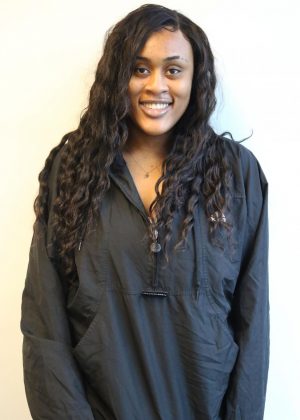
Future Doctor
Becoming the secretary of Mungano and a leader on the women’s basketball team are only a few of the accomplishments junior Daisey Ewansiha will make in her lifetime. Majoring in human biology and minoring in chemistry, Ewansiha knows exactly what she wants to do career wise. After completing her four years at Baker, she plans to go to medical school and eventually become a Neonatologist, caring for neo-intensive care unit babies.
“I see myself becoming a well-known doctor,” Ewansiha said. “People have doubted me and I have even doubted myself, but I know I have the ability to change lives and help people.”
Leader & Visionary
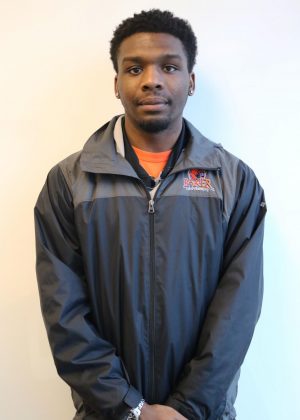
Senior Nico Taylor has been involved in multiple student organizations during his time at Baker. He has held leadership positions as a member of Student Senate, an Executive Board member of Mungano and the coordinator for intramurals. He also participated in speech choir, television and radio.
After leaving his mark here, Taylor has big plans for his future. Continuing with his passion for filmmaking, he aspires to be involved in media. Not only does he want to document his life and the lives of his community members, but he wants to be an example to the youth through coaching basketball and baseball and being a guide for others. “I want to mentor younger kids, specifically young men, and I want to leave an impact on the people I come in contact with,” Taylor said.
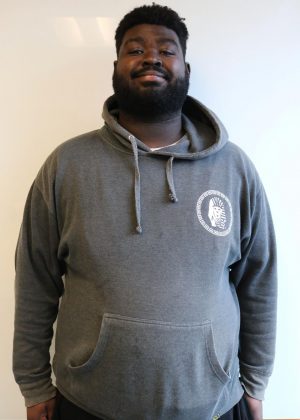
Authenticity
Senior Diamond Alexander attended Park University for his first two and a half years of college, where he founded the university’s Black Student Union (BSU) and became the treasurer of the group. He then studied abroad in England for a semester. Finally, he came to Baker where he will finish college and graduate in May 2020.
At Baker, Alexander joined Sigma Phi Epsilon and aims to bring a different point of view to the fraternity. Alexander plans to get into event planning and potentially marketing after college. He will continue to have fun and keep the campus lively until then. “At the end of the day, I am always going to be myself,” Alexander said.
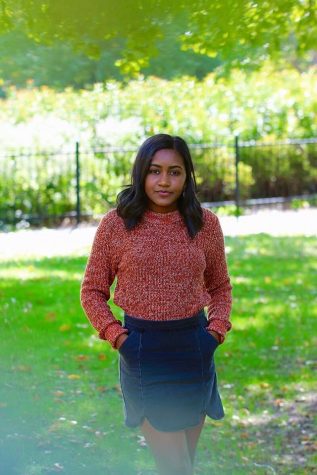
Maya is the News Editor for the Baker Orange. She is a senior from Lawrence, Kan. and is a mass media major. On-campus, she is a member of the women’s...
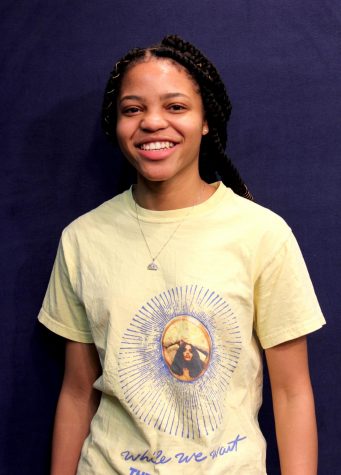
Aunna Wolfe is a sophomore from Kansas City majoring in mass media. She is a member of Mungano and loves traveling and taking risks.
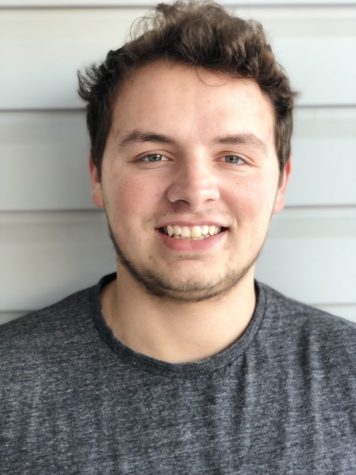
Justin Toumberlin is a senior from Eudora majoring in mass media and minoring in psychology. He decided to pursue his love for media after taking video...



